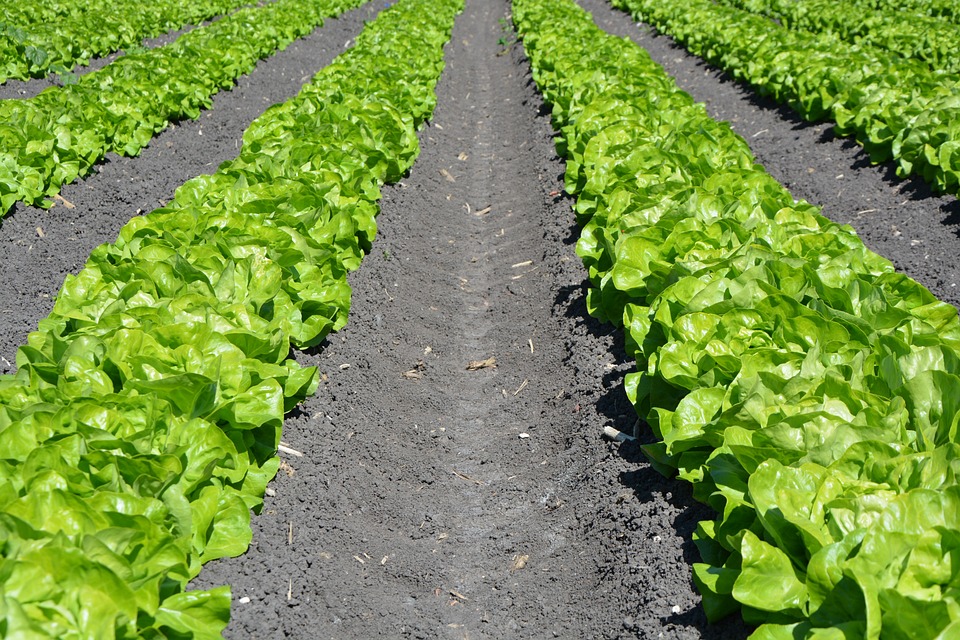Introduction
Having healthy soil is the foundation for a successful garden. The health of your plants directly depends on the
quality of the soil they are grown in. By properly caring for the soil, you can enhance its fertility, structure,
and ability to retain moisture. This article will provide valuable insights and techniques on how to improve your
garden’s health through soil care.
1. Soil Testing
Understanding the composition and pH level of your soil is crucial for successful gardening. Conducting a soil
test allows you to determine its nutrient content and identify any deficiencies. You can easily purchase soil test
kits or send samples to a local agricultural extension office for analysis. Based on the results, you can adjust
the soil’s pH level and provide necessary nutrients, ensuring optimal growing conditions for your plants.
2. Organic Matter
Adding organic matter to your soil is an excellent way to improve its health. Organic matter, such as compost,
manure, and leaf mulch, enriches the soil by enhancing its nutrient content, improving its structure, and
increasing its water-holding capacity. Regularly incorporating organic matter into the soil not only aids in plant
growth but also promotes beneficial microbial activity.
3. Crop Rotation
Crop rotation is an effective technique to prevent soil nutrient depletion and control pests and diseases.
Rotating the type of crops you grow in different areas of your garden helps avoid the accumulation of specific
pests or diseases that target certain plants. Additionally, different plants have varying nutrient requirements,
and rotating crops helps maintain soil fertility by allowing different plants to extract different nutrients from
the soil.
4. Mulching
Mulching your garden is beneficial in numerous ways. Applying a layer of mulch over the soil helps suppress weed
growth, retain moisture, regulate soil temperature, and prevent soil erosion. Organic mulches, such as straw,
wood chips, or compost, break down over time, further improving the soil structure and fertility.
5. Avoid Overwatering
Overwatering can lead to soil compaction, poor drainage, and reduced oxygen availability for plant roots.
Understanding the water requirements of your plants and providing them with the appropriate amount of water is
vital for maintaining healthy soil. Regularly check the moisture level of the soil by sticking your finger into
the ground. If it feels damp, hold off on watering until the top layer starts to dry out.
6. Avoid Chemicals
The use of chemical fertilizers, pesticides, and herbicides can have detrimental effects on soil health. These
chemicals disrupt the natural balance of soil organisms, kill beneficial insects, and pollute groundwater. Instead
of relying on chemicals, opt for organic methods such as composting, companion planting, and biological pest
control to ensure a thriving garden ecosystem while preserving the health of your soil.
FAQs
1. What are the benefits of soil testing?
Soil testing provides valuable information about your soil’s nutrient content, pH level, and composition. By
knowing these details, you can determine the necessary amendments needed to improve soil fertility and create
optimal growing conditions for your plants.
2. How often should I add organic matter to my soil?
It is ideal to add organic matter to your soil at least once a year. However, depending on the quality of your
soil, you may need to do it more frequently. Observing your plants’ growth and the condition of the soil can be a
good indication of when additional organic matter is required.
3. Why is crop rotation important?
Crop rotation helps maintain soil fertility and prevents the buildup of pests and diseases. Different plant
families have varying nutrient requirements, so rotating crops ensures that different nutrients are utilized and
not depleted from the soil. Furthermore, it disrupts pest and disease life cycles, reducing the need for chemical
interventions.
4. Can I use any type of mulch?
Different types of mulch can be used depending on your gardening goals. Organic mulches, such as straw, wood
chips, or compost, are highly beneficial as they break down over time, improving soil fertility. Avoid using
plastic or rubber mulch as they do not provide the same benefits and may harm the soil ecosystem.
5. How do I know if I am overwatering my plants?
Overwatering can lead to waterlogged soil and plant root rot. Check the moisture level of the soil regularly by
inserting your finger into the ground. If it feels excessively wet and the top layer doesn’t dry out between
waterings, you may be overwatering.
6. Are chemical fertilizers harmful to the soil?
Chemical fertilizers can have negative impacts on soil health. They can kill beneficial soil organisms, disrupt
the natural nutrient cycle, and lead to nutrient imbalances. Moreover, excessive use can cause soil acidification
or salinization. Opt for organic alternatives that promote soil health and sustainable gardening practices.




